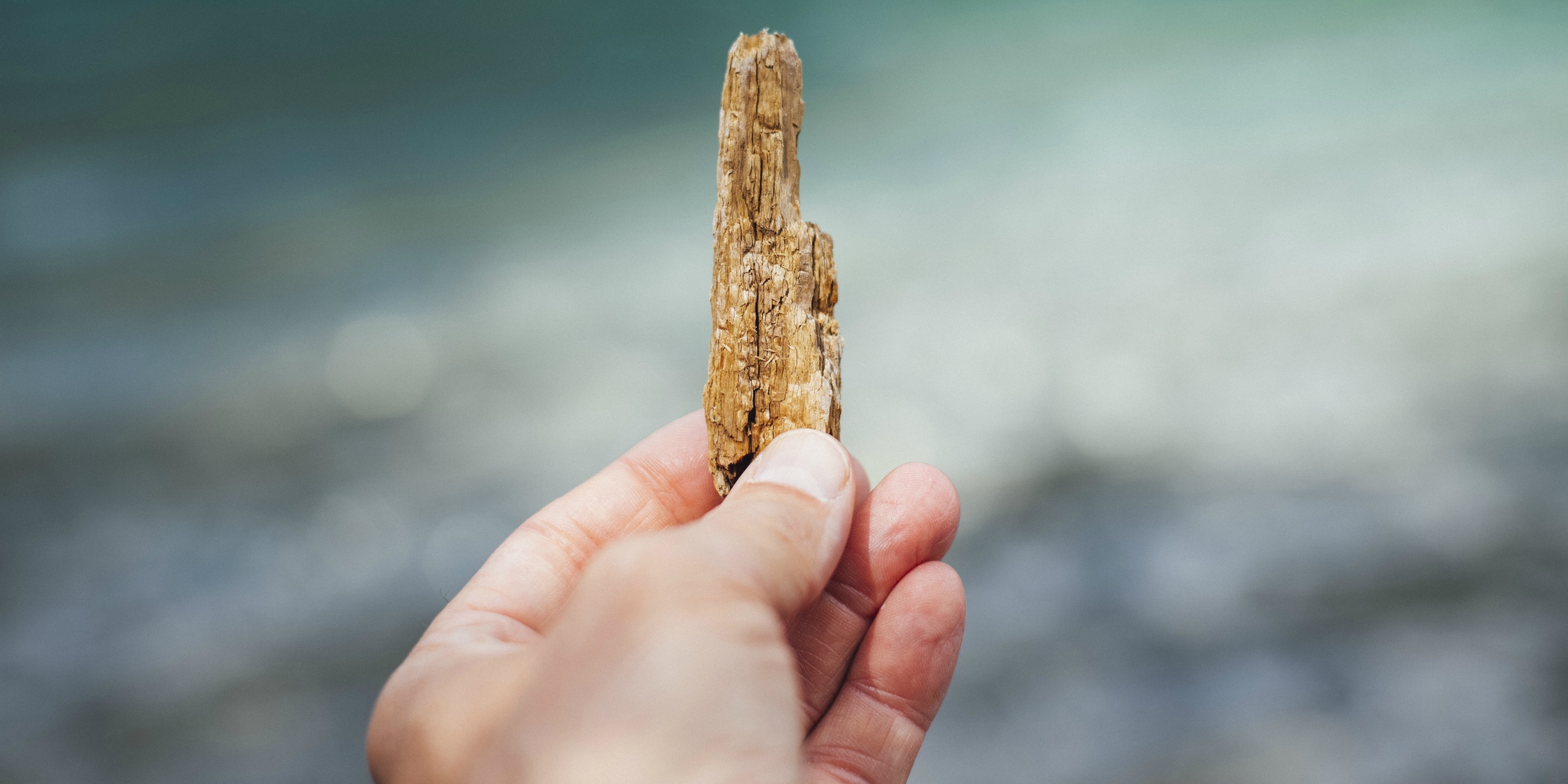The expression "to touch wood", which means to ward off fate in order to be lucky, has its origins in Antiquity, in the time of Persia.
Stéphane Bern tells us the story of this phrase on Tuesday in the program "Historically yours" on Europe 1.
Every day, in
Historically yours
with Matthieu Noël, Stéphane Bern returns to the unusual origin of a word, an expression or a notion.
On Tuesday, the host decided to take an interest in the expression "touching wood", which means to ward off fate in an attempt to attract good luck.
>> Find the shows of Matthieu Noël and Stéphane Bern in replay and podcast here
Wood, divine symbol
"I did not want to wait for a Friday the 13th or to cross a black cat to ward off fate, so I suggest you all together to 'touch wood'. Hands resting on the studio table, I give you the origins of this expression.
It all started a long time ago, 600 years before Jesus Christ.
At that time, among the Persians, we happily touched wood to put the fire god Atar in the pocket.
Because for this people, the wood sheltered the sacred fire.
In Greek mythology, Zeus, the king of all gods, has the oak as his attribute.
And in ancient Egypt, wood was considered to have magnetism.
A reference to Christ among Christians
Note that in the Middle Ages, Christians too touched wood in direct reference to Christ, who had sacrificed himself on the wooden cross before resuscitating.
Like what, it works.
And when you don't have wood, you touch your head, because another expression says that some people have a wooden head and sometimes tender age.
To have a wooden head is to be stubborn.
In the north, we touch monkeys, everywhere else we cross our fingers, and in Poland we strike wood, but be careful, it must be unpainted.
To each his own method. "

